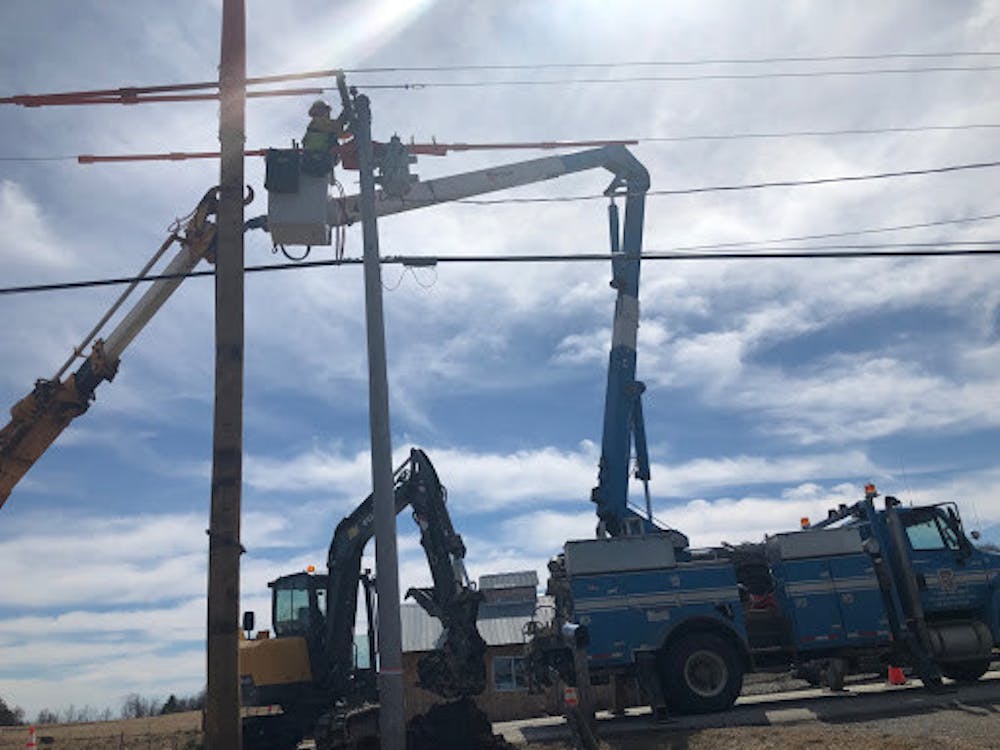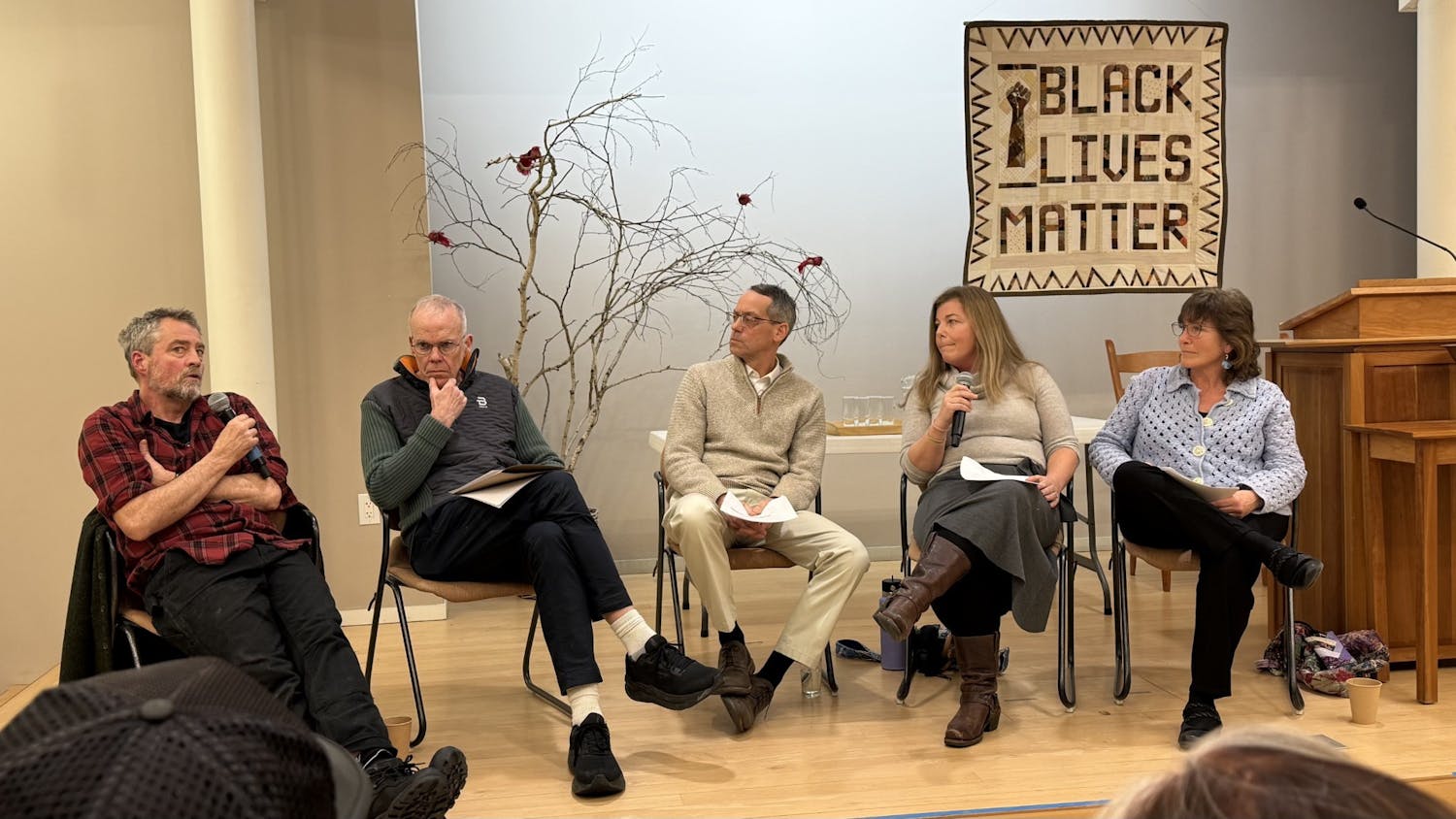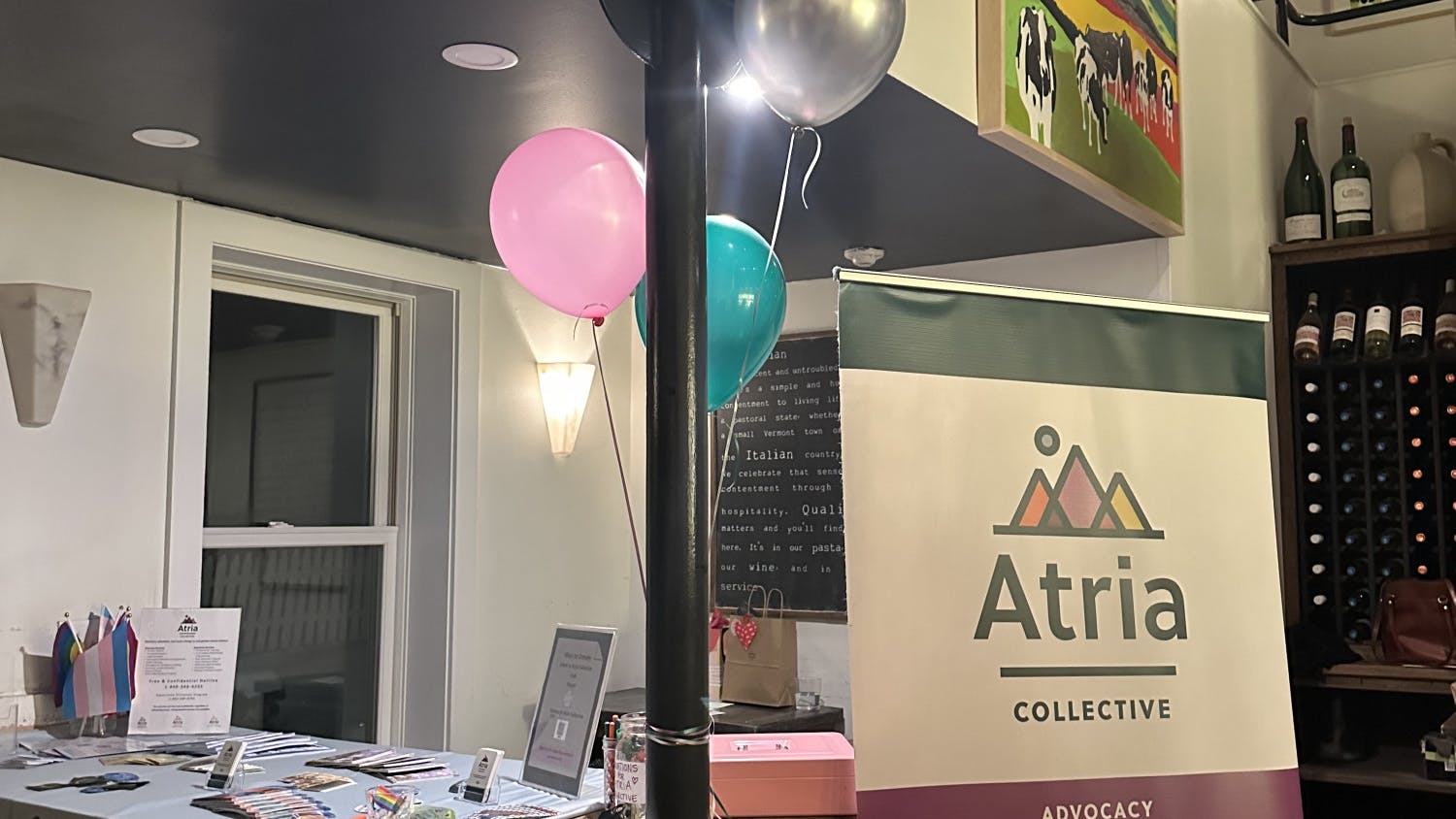Vermont Electric Cooperative (VEC) plans to reach carbon neutrality by 2023 and transition fully to renewable, carbon-free energy sources by 2030, according to an announcement released last month. CEO Rebecca Towne cited member enthusiasm and statewide climate goals as the company’s main motivations for the change.
With 32,000 members, VEC is the state’s largest consumer-owned energy distributor in Vermont, serving seventy-five communities and eight counties. The company was established in 1938 and is based in Johnson, Vt..
Currently, around 75% of power distributed by VEC is already produced carbon-free. In the next two years, VEC will seek to phase out the remaining quarter of its energy produced from fossil fuels – mainly, natural gas.
The final decision to achieve carbon neutrality was largely unanimous among board members, according to VEC Energy Services Planner Jake Brown.
“Every few years we do member surveys, and our members had begun to express some interest in us developing a cleaner power supply,” Brown told The Campus. “It became clear that there was a pretty significant number of members who felt that was an important objective.”
VEC’s Board of Directors reached a similar conclusion at around the same time and enlisted the company’s employees to brainstorm creative ways to reach the goal.
“The question is: how are you going to get to 100 percent?” Brown said.
Brown indicated that VEC is exploring opportunities to replace power currently generated by natural gas with clean energy supplies across New England, including wind power from New York or Maine and hydropower from the Connecticut River. While details of the future remain uncertain, Brown is confident that VEC will reach its goals.
“The board made the commitment, and now it's up to the power supply people to figure it out,” Brown said. “We kind of have a rough road map of where to go.”
VEC, which serves many lower-income and rural communities across the state, is working to combat any potential price increases as a result of the shift. According to Brown, price changes will largely be negligible for consumers.
“Forty percent of our residential members are on fixed incomes,” Brown said. “We serve a lot of relatively low-income Vermonters … The board was really careful to analyze the impact.”
Assistant Professor of Economics Akhil Rao predicts a positive economic outcome from the transition to clean energy in the long term. The shift will require an initial investment but will ultimately result in lower day-to-day energy costs for consumers.
“Carbon free sources of energy like solar and wind generate electricity at very low average costs,” he explained. “Combined with the appropriate storage, they will prove the cheaper sources in the long run.”
Another factor to consider in a long-term cost-benefit analysis is the improvement in public health, according to Rao.
“The averted health impacts can be a really big deal,” Rao said. “Avoiding the health impacts of the emissions will save people money on health-related costs.”
Brown noted that VEC’s goals are ahead of Vermont’s goals. State officials are aiming for 90% use of renewable energy across the state by 2050, a change which would involve increasing the use of electric vehicles by Vermonters and installing more efficient heating systems, among other initiatives. One of the co-op’s stated motivations for its project is to help make progress toward the state’s goal.
“We’re trying to lay the groundwork for that transition,” Brown said.
“People should have low-cost, clean energy in their lives, and that's something that everybody deserves,” Brown said, articulating his hope that “everyone gets a crack at cleaner and more efficient energy and power supply in their life.”
Jack Summersby is a local editor.




